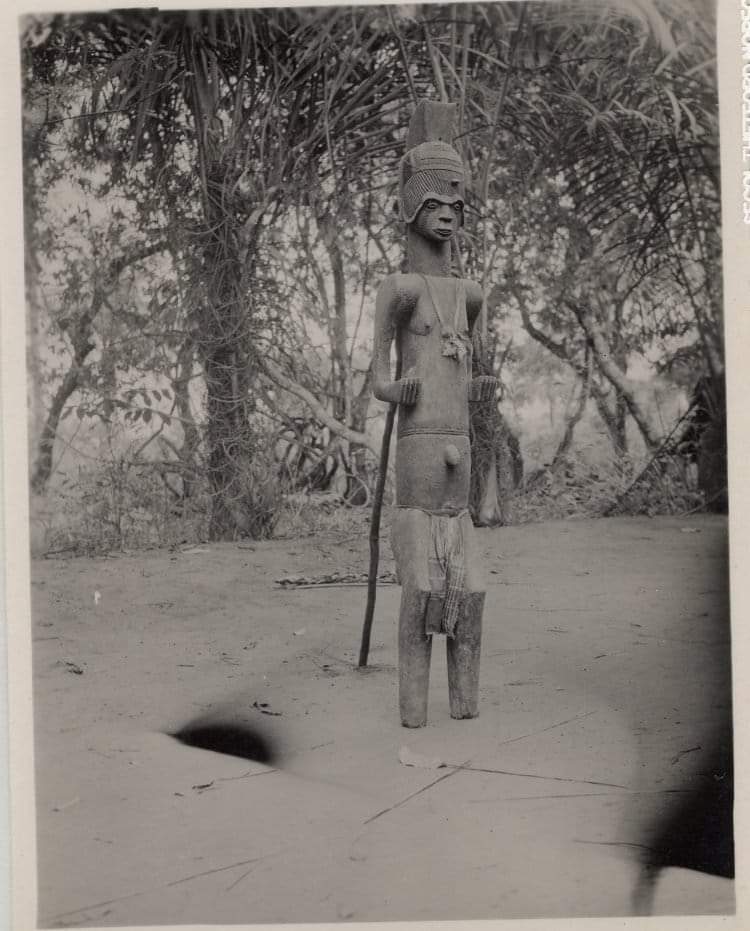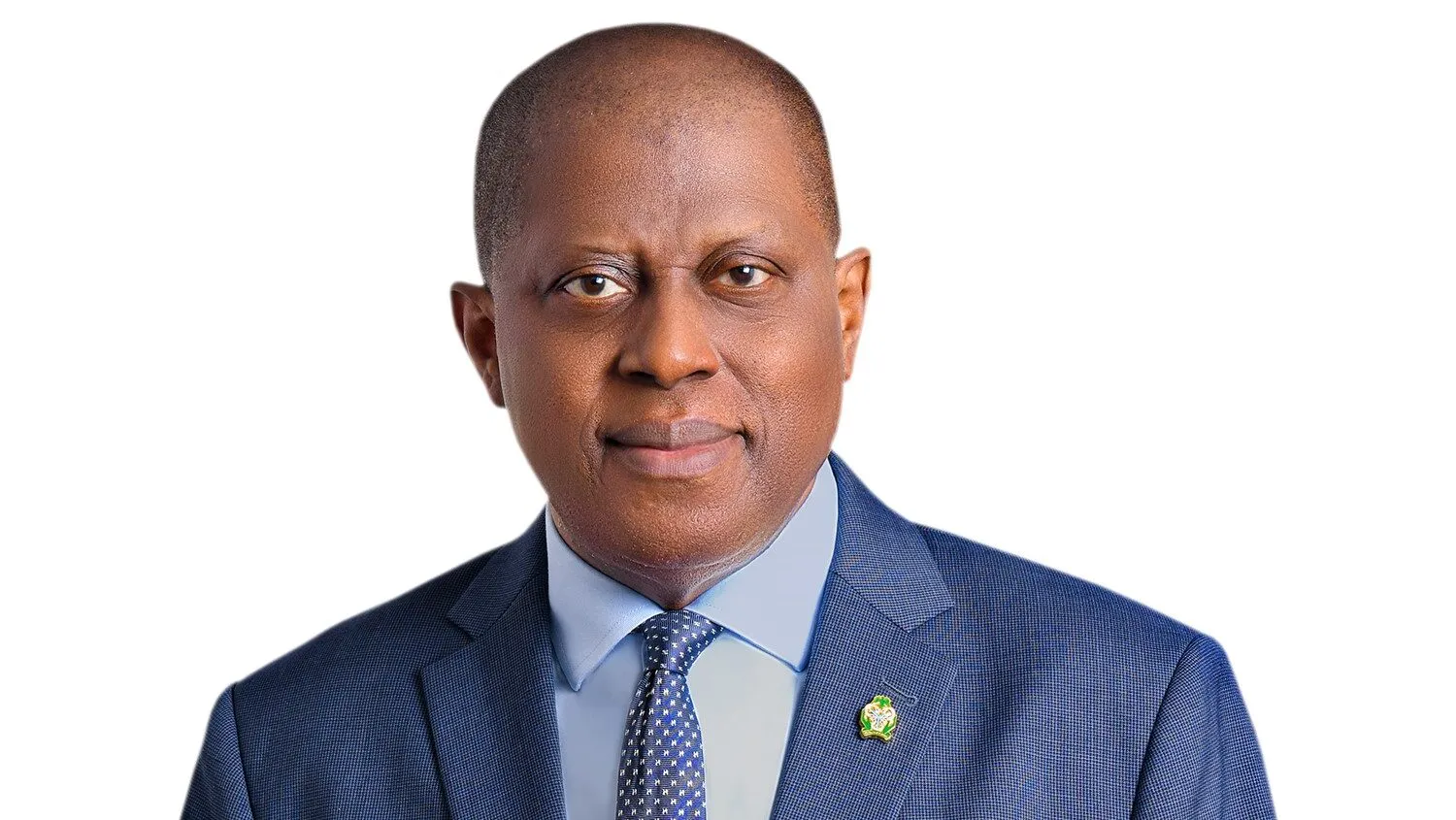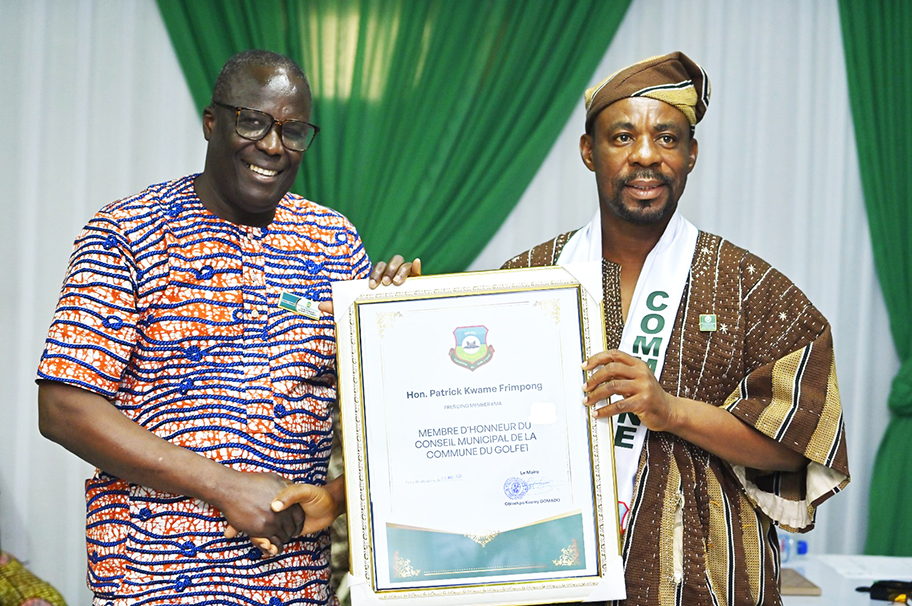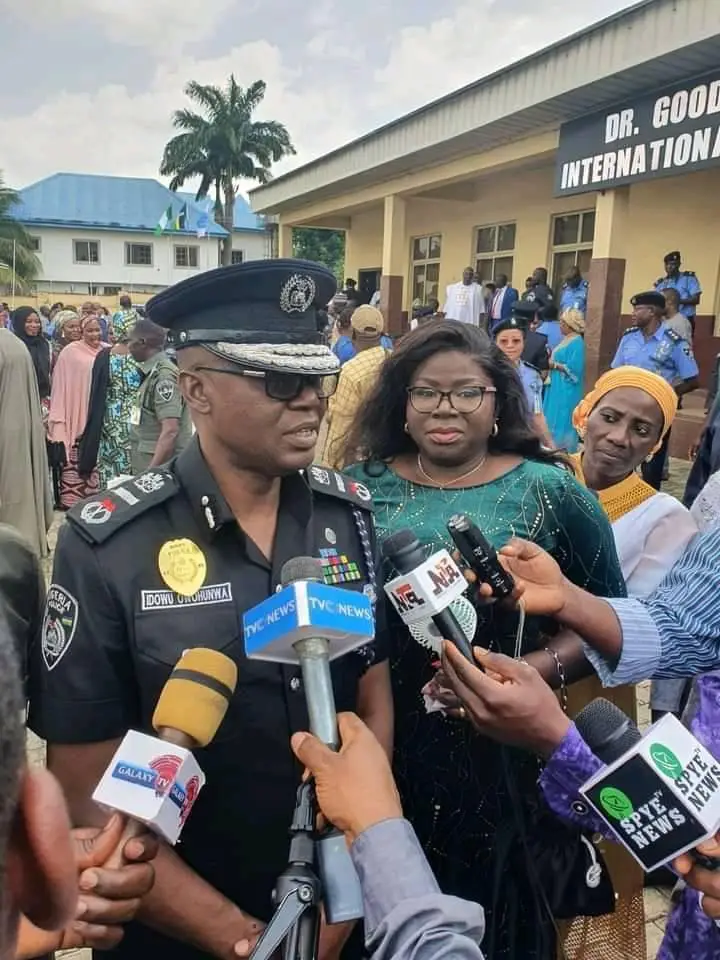Understanding Igbo Spiritual Forces: The Roles of Arụsi, Agbara, and Mmuo in Traditional Worship

Understanding Igbo Spiritual Forces: The Roles of Arụsi, Agbara, and Mmuo in Traditional Worship
In Igbo society, several terms are used to describe spiritual forces, including arụsi, agbara, and mmuo. These concepts, often simplified into the English word “god,” do not fully align with Western interpretations, making it challenging to classify them as gods or goddesses in the strict sense. A notable example is a figure called Arioku, recorded on March 1, 1946, in Enyiogugu, Mbaise, and preserved in the British Museum.
In many Igbo communities, there is a clear distinction between agbara (tutelary spirits) and arụsi (shrines for oaths and swearing). An agbara is often crafted by a dibia (traditional healer) to protect a community. These spiritual forces may be invoked through natural elements or, in the past, through human sacrifices—whether voluntary or otherwise. In contrast, minor shrines like arụsi are used in legal or spiritual matters, such as swearing oaths during trials. For example, deities like Kamalu (Amadioha) are called upon to punish wrongdoers or prove innocence. Spirits such as Ofo na Ogu and Ikenga also serve similar purposes. Many Igbo family names, such as Anyim, Nwigwe, and Nwagbara, are derived from ancestors conceived through petitions to these spirits.
Major shrines, or agbara, are typically communal and not owned by individuals. Due to their volatile and demanding nature, community members, particularly priests, are tasked with maintaining them. These priests dedicate their lives to adhering to the rules set by the spirits they serve.
In everyday life, Igbo families do not keep agbara within their compounds. Instead, each household has a shrine dedicated to the supreme being (chi, obasi di n’elu, etc.). The eldest male of the compound prays to this supreme presence every morning, often invoking spirits like Anyanwu (a representation of the supreme being in northern Igbo regions) and Ala (the Earth goddess). Ancestors also play a significant role, being venerated for guidance, protection, and respect.
The arụsi shrines are sometimes used by communities to pray to the supreme being, who is viewed as distant and mysterious. However, agbara and arụsi can sometimes be used interchangeably. For instance, what one community calls arụsi or agbara may differ from another community’s interpretation. The closest term to “god” in Igbo is chi, which refers not only to the supreme being but also to an individual’s personal spiritual guide or chi. Additionally, chi is often paired with Eke in spiritual contexts.
This complex spiritual system reflects the deep connection between the Igbo people and their natural and ancestral world.





